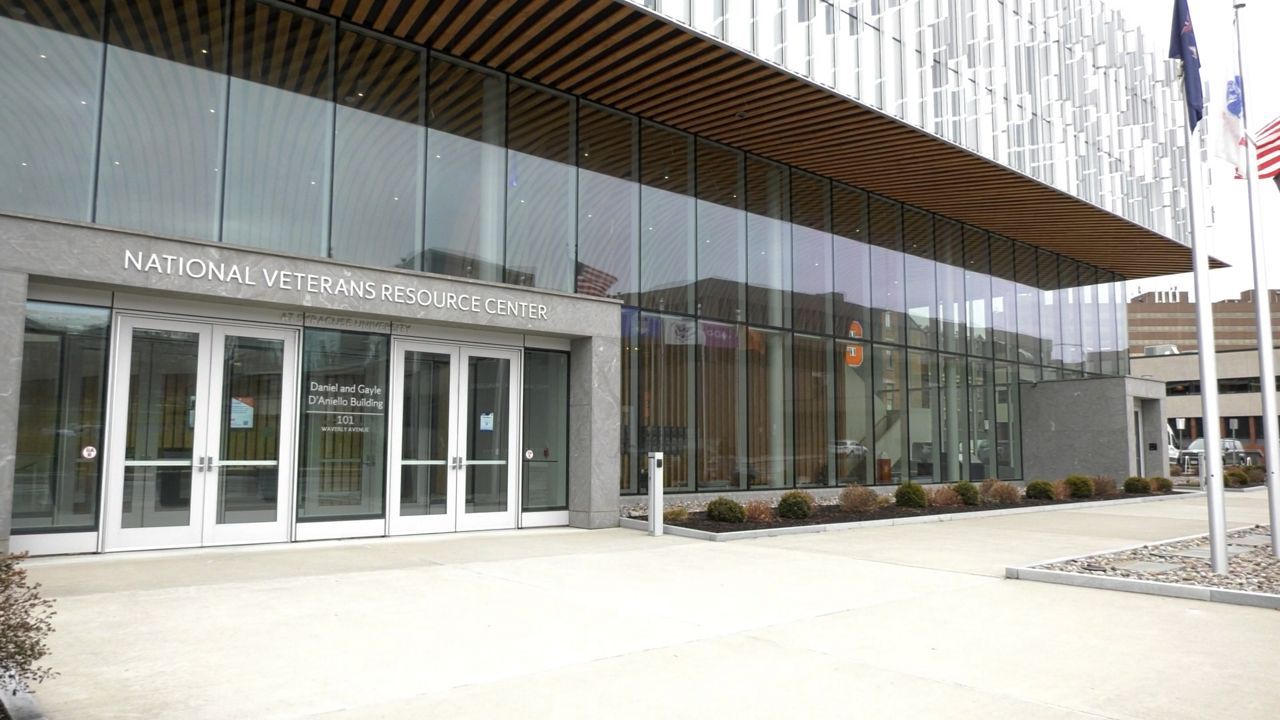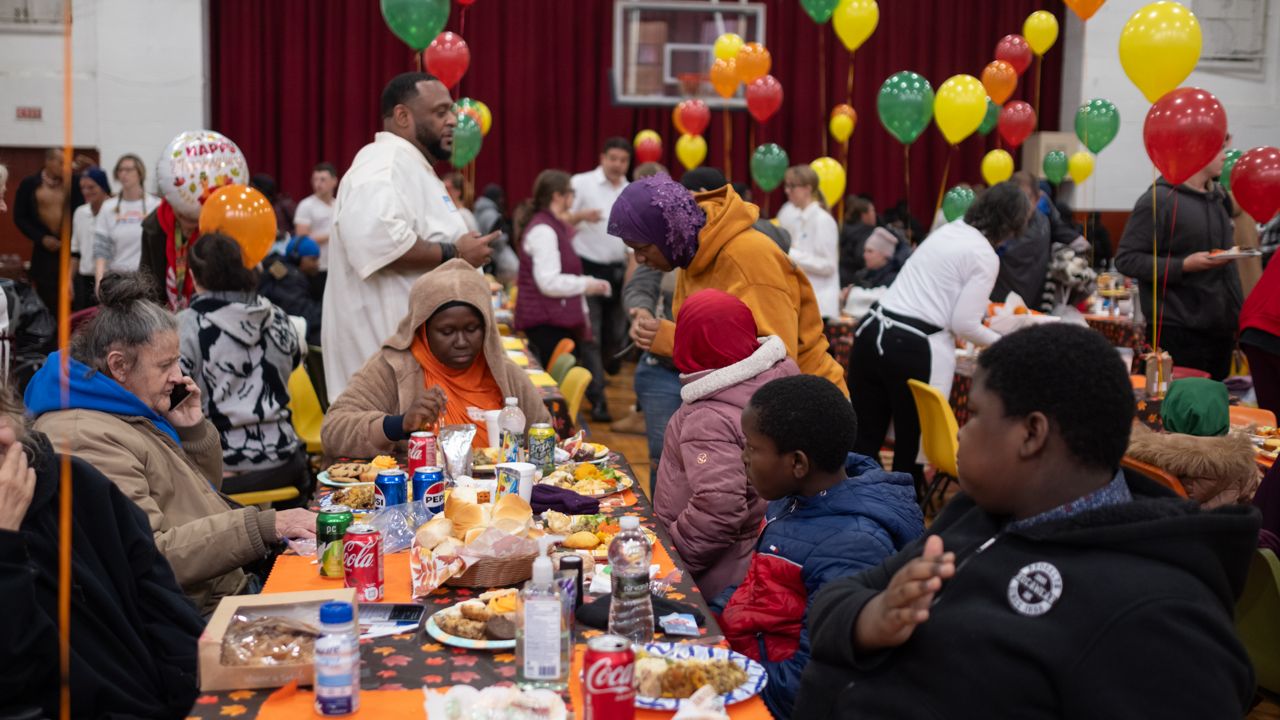Did you know nearly 40% of food produced in our country goes uneaten?
As of January 1, a new state law went into effect that requires large generators of food to donate unused food and send scraps to an organics recycler. That includes entities like restaurants, colleges and grocery stores that generate more than two tons of wasted food per week.
What You Need To Know
- A new state law requires large generators of food to donate unused food and send scraps to an organics recycler
- That includes entities like restaurants, colleges and grocery stores that generate more than two tons of wasted food per week
- They must donate all edible food to entities like pantries and shelters
Britney Ramsden-Barlow goes through a lot of fruits and vegetables at Juice and Flowers in the Syracuse Salt City Market. She said making sure things like banana peels and other food scraps get separated from the trash for composting has always been important to her.
“It grows everything that we see here. These beautiful plants we have, the produce for my juices. Everything we do has some sort of composting nature to it,” said Ramsden-Barlow.
Separating food scraps is something all the venues in the market are doing. It’s an effort market manager Adam Sudmann said is necessary.
“I can’t think of any reason not to do this. Again, I can’t harp on it enough,” Sudmann said. “With the environmental crisis, the climate crisis that we’re facing, I spend 99% of my day feeling helpless. This is one way we can feel like we have some control.”
Maria Bianchetti is a recycling specialist with the Onondaga County Resource Recovery Agency, and recently gave a tour of OCRRA’s Amboy compost site.
“They can either hire a hauler or trash collector to bring their food scraps specifically to this area, and they can either hand load them or dump them to this area,” Bianchetti said.
Each day, OCRRA accepts food scraps from both large generators and households. Those scraps are then broken down with things like yard waste to form new compost which can be used for gardens and planting in the spring.
“This compost facility can accept and is permitted to accept over 9,600 tons of food waste a year. And that food waste is mixed with yard waste and ends up producing over 3,600 cubic yards of compost material that can go back into the community and the environment,” said Bianchetti.
And with this new law in effect, more entities will be helping the environment, while those like Ramsden-Barlow will continue to advocate to everyone to do the same.
“Composting is one of the ways that we are going to get greener in our future. And, if more people can get into composting, the outlook for the planet, it’s just a small step, but it is a better outlook,” said Ramsden-Barlow.
Hospitals, nursing homes, adult care facilities and schools are exempt from the law. For specific details, visit the DEC website.










